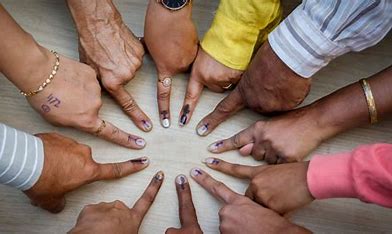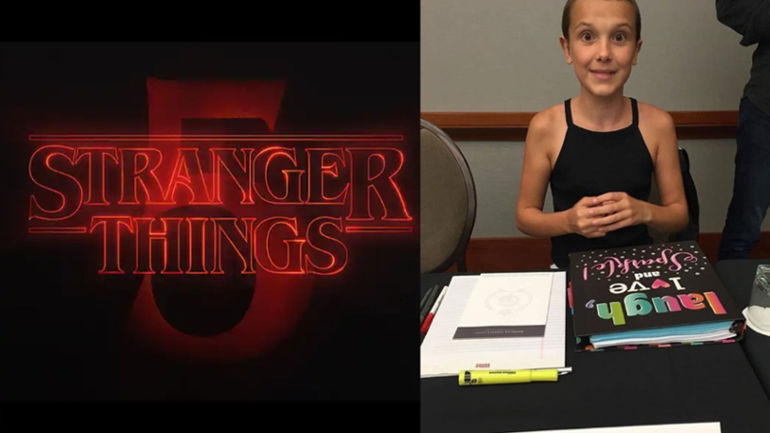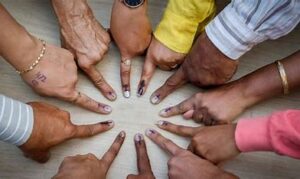Exit polls are surveys conducted with voters immediately after they cast their ballots, capturing real-time insights into their choices and opinions on pivotal issues. Traditionally, pollsters are stationed outside voting centers to interview in-person voters, while phone and text surveys reach those who voted by mail. These anonymous surveys, lasting about five minutes, provide a snapshot of voter sentiment and help forecast election outcomes by collecting data on demographics and issue preferences.
How News Organizations Use Exit Polls on Election Night
Media outlets rely on exit polls to gauge initial voter tendencies and to project likely winners in some states. Major networks like NBC, ABC, CBS, and CNN are part of the National Election Pool, utilizing exit poll data from Edison Research. To maintain accuracy and prevent early influence, results are held under a 5 p.m. ET embargo and released only after polling stations close. Although exit polls offer early projections, media organizations typically wait for official vote counts to make final calls in tight races.
Key Differences Between Exit Polls and AP’s VoteCast
Fox News and the Associated Press use a separate system, AP VoteCast, which combines mail, phone, and online surveys rather than in-person polling. VoteCast offers a broader scope by interviewing both voters and non-voters, providing insights into why people chose to vote or abstain. Unlike traditional exit polls, VoteCast avoids live, on-site interviews and instead gathers data remotely, giving a comprehensive view of the electorate’s motivations and demographic trends.
Exit polls and VoteCast together help reveal the pulse of the nation on Election Night, offering viewers a deeper understanding of voting patterns and potential outcomes.














